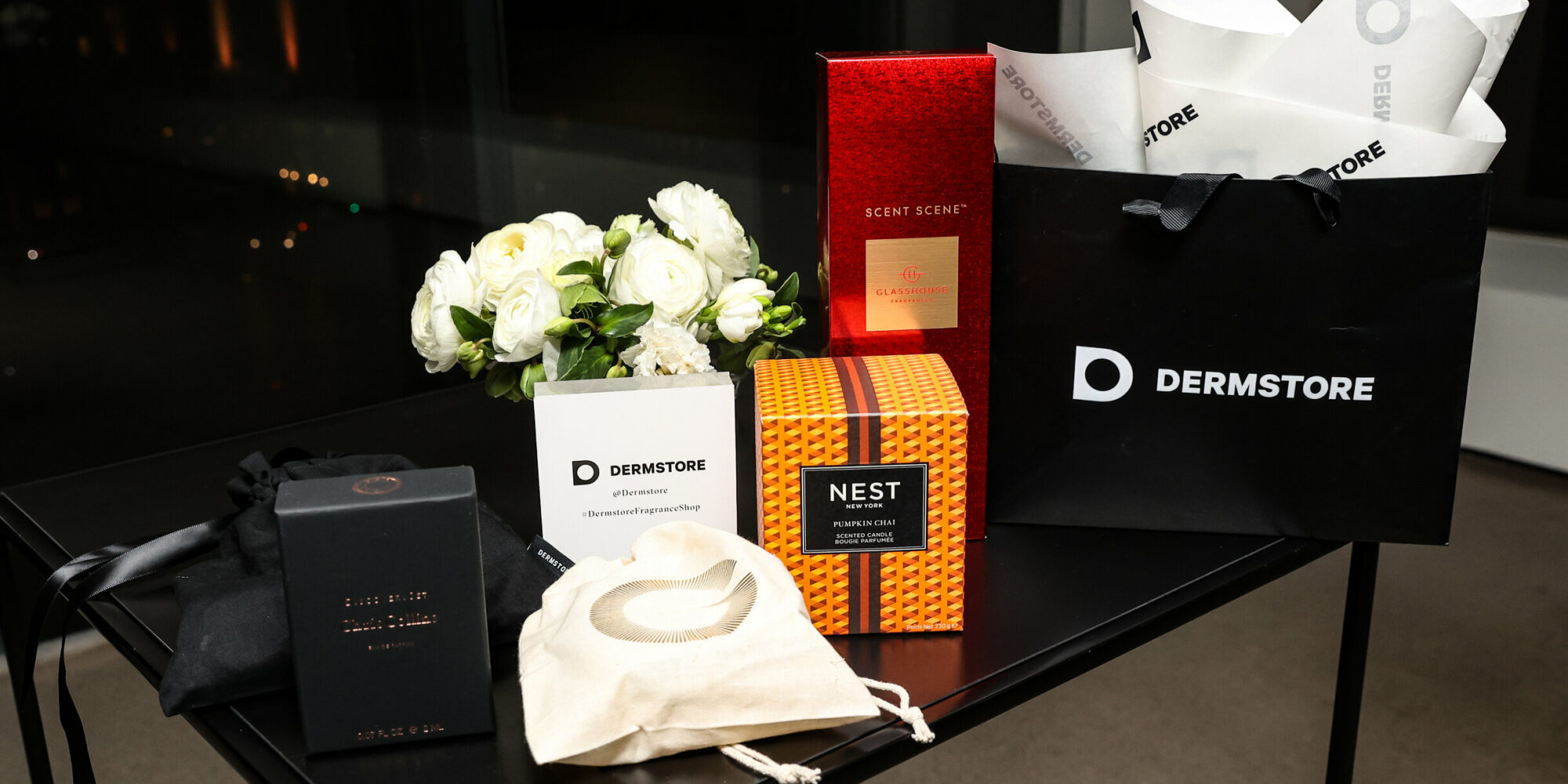
Dermstore’s Kristy Masbang Bomba Offers Notes On The E-tailer’s Fragrance Launch
Synonymous with professional and prestige skincare, Dermstore has crossed into scent. Launched on Sept. 1, the e-tailer’s fragrance selection offers over 375 products from 13 prestige fragrance brands, including Memo Paris, Cire Trudon, Veronique Gabai, World of Chris Collins, Glasshouse Fragrances, Nest New York, Ellis Brooklyn and Molton Brown.
Dermstore is pouncing on perfumes as the prestige fragrance category rises. According to market research firm The NPD Group, prestige fragrance sales increased 13% in the second quarter of this year to $1.5 billion after increasing 18% in the first quarter to $1.1 billion.
Beyond fragrance, Dermstore carries 290 skincare, haircare, makeup, and bath and body brands. Among its bestselling brands are SkinCeuticals, EltaMD, Obagi, iS Clinical, PCA Skin, Sunday Riley, Paula’s Choice, Augustinus Bader, Oribe, Olaplex, Living Proof, Ilia and Chantecaille. The number of brands is expected to climb as Dermstore adds to its fragrance assortment.
“We want to be the go-to one-stop-shop resource and authority for the beauty conscious,” says Kristy Masbang Bomba, director of new business and partnerships for The Hut Group-owned Dermstore, SkinStore and Lookfantastic U.S. Masbang Bomba was formerly a merchandise director at e-tailer Olivela and buyer at now-defunct department store Barneys New York.
The Hut Group acquired Dermstore, which was founded by dermatologist Craig Kraffert in 1999, from Target for a reported $350 million. The deal closed in 2021 a few months after THG went public on the London Stock Exchange. Since its successful IPO, the e-commerce company’s stocks have been battered by management and financial concerns.
For the first half of the year, THG’s sales jumped 12.3% to 1.1 billion pounds or roughly $1.2 billion at the current exchange rate, but its operating loss hit 89.2 million pounds or almost $100 million in the first half, up from 17.4 million pounds or $19.4 million the prior year. Along with Dermstore, Glossybox, Cult Beauty, Eyeko, Perricone MD, Lookfantastic, SkinStore and Christophe Robin are in its portfolio.
Beauty Independent spoke with Masbang Bomba about what the introduction of fragrance means to Dermstore, market trends and positioning, the e-tailer’s core customer, and retaining loyalty in a crowded online environment.
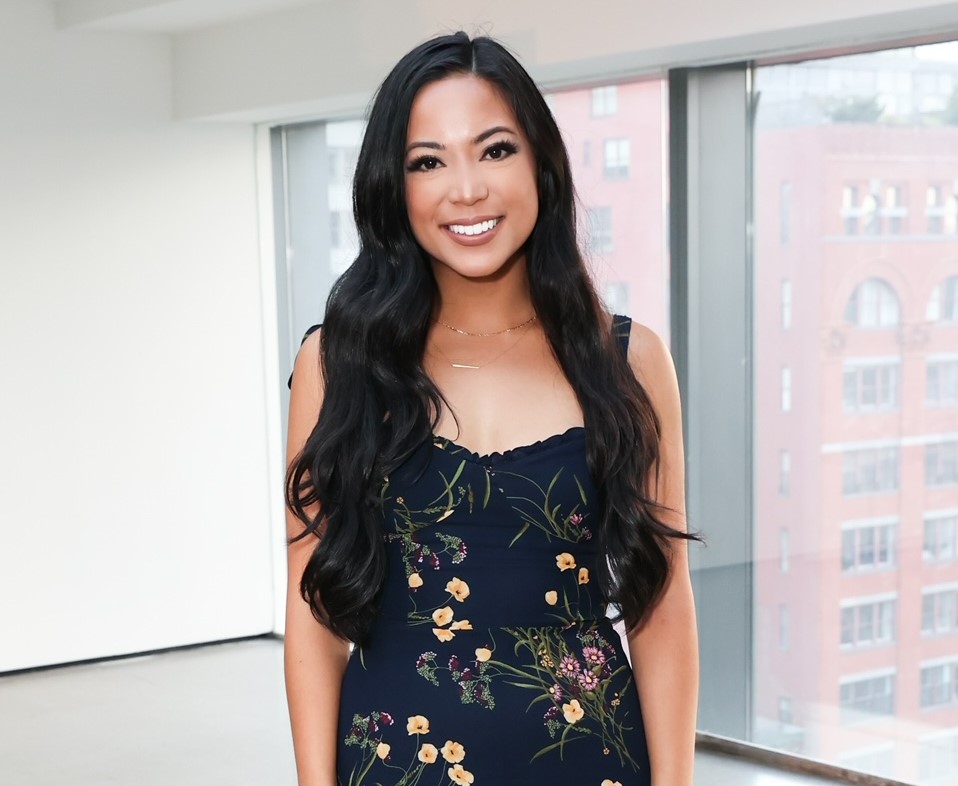
What’s Dermstore’s history in fragrance? Why launch it now?
Dermstore did not have a robust assortment of personal fragrances before this launch. We had a very small curation of home fragrances, but that was more so because of brands that we carry on the site like Molton Brown and Nest. We stock their bath and body SKUs and so naturally we also carried home fragrance, but it wasn’t anything robust, and we haven’t had a standing category until now.
Our reasons for expanding into fragrance were probably three-pronged. We saw that fragrance really blew up during COVID and continued to stay strong in the market even post-COVID. As a company, we needed it as a category. As I mentioned before, we just didn’t have that presence in our assortment. It was true white space for us.
Another reason is just overall customer demand. The category span at Dermstore goes from professional and prestige skincare to haircare and cosmetics. All our categories have been growing, even haircare and cosmetics. So, speaking to the opportunity from a category perspective, diving into fragrance made a lot of sense for us. Lastly and probably the most important reason is our vision as a retailer. We want to be globally recognized as the beauty, skin, makeup and now fragrance expert.
With fragrance, we are expanding our offering and variety of choice. We’re really honing in on our authority in the market. We have eau de parfums, eau de toilettes, body, home, diffusers and candles, everything that you need to essentially make your home feel like a wellness oasis. We offer a lot in terms of regimen building and overall lifestyle routine. At Dermstore, it’s all about being efficacious, purposeful, relevant and high quality. Fragrance just completes the overall regimen and lifestyle routine for our customer.
How did you curate the fragrance selection?
Dermstore is very curated in general, so we launched with 13 new fragrance brands. We have a nice mix of more established fragrance brands that everyone knows and loves like Memo Paris and Cire Trudon. We also have a really beautiful curation of niche, emerging brands like Ellis Brooklyn, for example. She has a beautiful line of clean fragrances, both personal and home as well. That’s been a leading fragrance brand for us since the launch. We also have beautiful fine luxury fragrances like World of Chris Collins and Veronique Gabai. So, we’re really hitting the mark on the specialized components that each brand offers with this launch.
How does Dermstore plan on marketing its fragrance selection?
The approach that we take is ensuring that our content, whether that’s our blog, imagery, or even through videos or social media platforms, pushes the storytelling through the screen for our customers. So, even though they can’t physically touch, feel and smell the scent at the point of sale, we’re communicating the experience from a creative content perspective to the best of our ability.
Dermstore does really well from a sampling perspective, and that’s particularly important with fragrance. All of our fragrance brands offer a sampling program on the platform. That could be a beautiful gift set that a customer receives when they order a fragrance on Dermstore, it could be a sampling of fragrances a customer can peruse when they add a SkinCeuticals C E Ferulic to their cart, for example. In general, every e-tailer and retailer needs to have a robust sampling program, and that’s something that we push every single brand that we have on the site to have because it’s so crucial.
We also lean a lot on our brand founders and the brands themselves for marketing help because they can speak to their brand the best out of any expert. That’s really important from a partnership perspective.
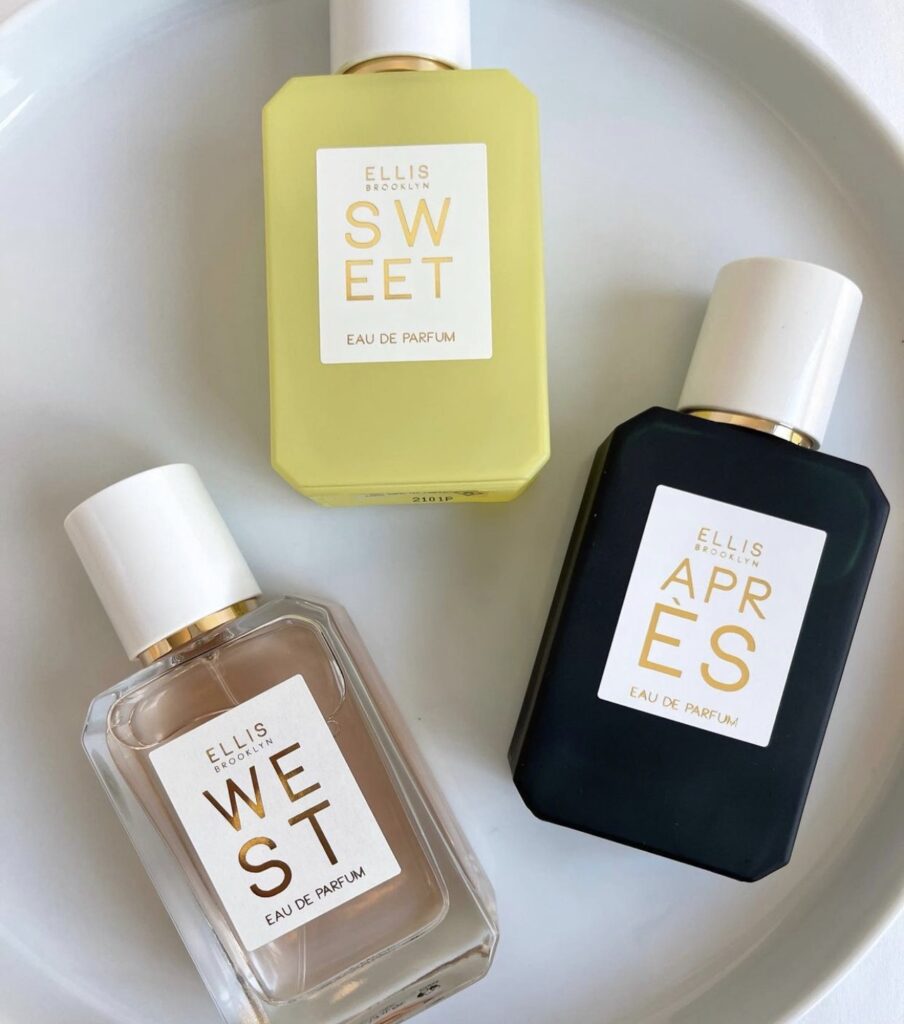
What interesting trends are you seeing in the market?
This was a really relevant topic as we discussed our fragrance expansion, but I am loving the trend of emotional connection to fragrance and how that that affects how customers shop in the category. From my own background being a fragrance buyer at Barneys, so many of these beautiful brands had such beautiful storytelling. It wasn’t just about the ingredients and the notes, it was so much more emotional storytelling.
Back then, it was definitely more of a challenge to market fragrance and to get that message across, but I feel like we’re finally at a place now where a lot of customers are open to different fragrances and finding more of an emotional attachment to them. I’m really loving that trend because it’s a great way to market fragrances.
Within the Dermstore fragrance portfolio, we really want to educate the customers on the brand and the founder and tell the story of how they came across this beautiful scent or how they came to develop the scent. Memo Paris is a great example of this since a lot of their fragrances are inspired by founders Clara and John Molloy’s travels. It takes more of a nostalgic approach, and I love that.
How important is the balance between established heritage brands and emerging niche brands on Dermstore?
Both are very important on Dermstore. If you look at our skincare category, we stock more well-known brands like Sunday Riley and SkinCeuticals alongside emerging ones that are also really important to category growth like an Augustinus Bader, for example. Looking at our makeup category, we have RMS Beauty alongside Roen Beauty.
We know the established brands and what they bring to the table and that really helps with the authority positioning that Dermstore heavily leans into, but emerging brands are really important from a discovery and education viewpoint because our customers also come to our site to discover newness.
We have the education and storytelling tools in place to be able to inform our customers about brand innovation. That’s really important for a lot of emerging brands who haven’t yet grown much awareness in the market or aren’t as widely distributed yet.
Tell us about the education tools.
We weave education throughout the customer journey on Dermstore, whether it be on our product pages or even in our blog. We want the customer’s experience to be educational rather than just transactional in order to build the lifetime value of our customer.
Our blog pages are some of our most trafficked pages on the site. Our expert advice content makes up 39% of our total blog content, and it gets about 37% of our total content views and 73% of our product clicks. So, customers are coming in through our blog and discovering products there. Ensuring that the blog content is of the utmost quality is really important for us.
Who is the Dermstore customer?
The Dermstore customer is savvy and sophisticated when it comes to the beauty spectrum. They’re very health-focused. In terms of expert advice, they’re always seeking education. They want to be informed, and they’re very focused on efficacy. So, we’re ensuring that all brands and all products on the site align with this sentiment. Our customers know they can come to us for vetted brands and products, and that this is the place for them to discover.
Dermstore rebranded in 2019 under previous ownership to reinforce its positioning as a skincare authority. Is that positioning still relevant?
We’re essentially continuing with that rebrand, the merchandising and messaging approach that Dermstore undertook back then. Obviously, things have changed since 2019. It was still a very skincare-focused market then pre-COVID. We’re now looking to other categories that have seen a lot of growth since then.
I mentioned a little bit from the merchandising perspective. Haircare has grown significantly for us. Fragrance then boomed in the industry overall. Makeup is also a booming category again. So, it was not only important for us to stay true to Dermstore’s market authority in skincare, but also ensure that we stay relevant in regard to what else is doing well and what we’re seeing our customers lean towards.
So, while we are continuing with that same strategy from 2019, skincare is not our only focus now. We’re not at all lessening our focus in that category, we’re still a market leader in professional and dermatology-led skincare. Prestige skincare will also be a continued focus, but we are seeing so many other opportunities across the board in other categories. One example being the launch of fragrance and how fragrance fits into the Dermstore customer’s life and our branding.
With our hair category, our positioning is more around the “skinification” of hair with a focus on health, healthy scalp and haircare. With makeup, it’s more about the enhancement of beauty and/or complexion care, which falls nicely into the prestige approach that Dermstore reestablished in the 2019 rebrand.
We’re looking at where these other opportunities lie within our existing categories and how we can expand on them within the lens of Dermstore’s prestige focus, and we’re actually seeing growth across all categories on Dermstore right now.
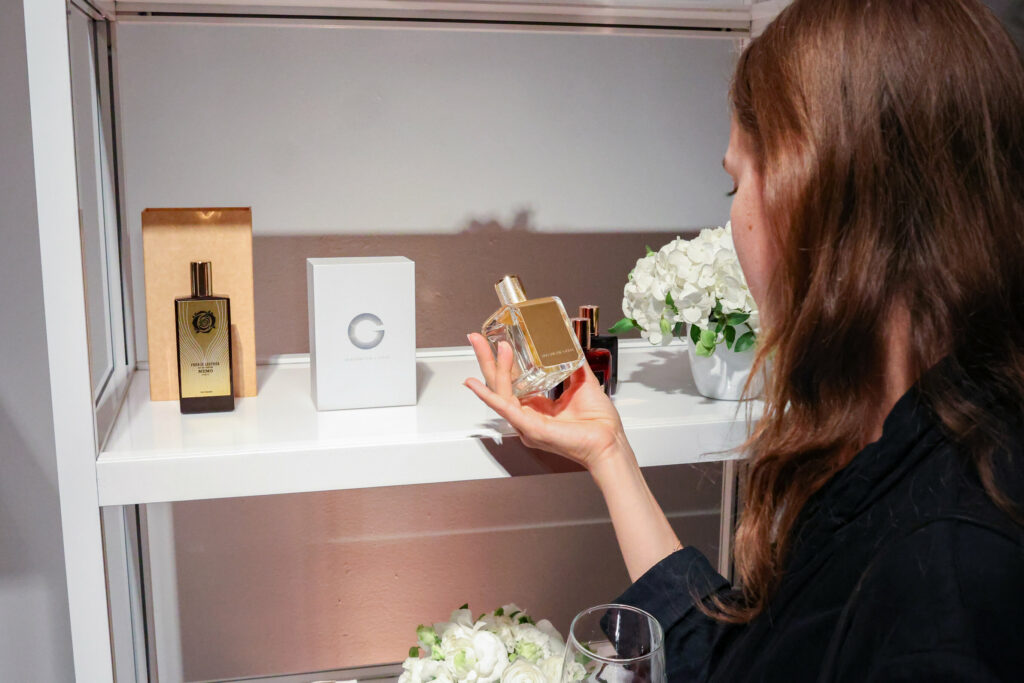
How is Dermstore acquiring new customers and keeping older ones?
New customer acquisition is key, as with any retailer. For us, it’s all about those high lifetime value channels, so really focusing on the traffic sources that drive the most value with customers. We’re expanding initiatives within our loyalty rewards program to make it more robust. We know that personalization is very important to customers and to the overall customer experience, so we’re focused on that as well. We also have our own curated kits and discovery boxes.
We’re also really leaning into the dominance in our cross-sale opportunities with the category diversification now. With the launch of fragrance, that’s a whole set of customers that we haven’t had before on the site, so that’s really going to help us secure better loyalty and retention.
As a prestige e-tailer, what is Dermstore’s stance on promotions?
Dermstore is positioned as a full-price retailer. We have four main site-wide promotional periods every year. They’re about once a quarter. Obviously, we have the holiday Black Friday/Cyber Monday period. We have our anniversary sale, which is in Q3. We have our summer sale in Q2, and then something that we call a beauty refresh sale in Q1. So, they’re essentially pulsed out throughout the year, and that’s pretty telling of where we stand on promotions. They’re very limited on Dermstore.
With the current economic situation, do you anticipate Dermstore shoppers changing their spending habits this holiday season?
Given the state of the economy and its impact on the retail landscape, we know customers will be scaling back to some degree and probably becoming more budget conscious. At the same time, customers are still longing for those moments of joy and celebration in everyday indulgences. Beauty is the perfect escape for these customers.
One of Dermstore’s themes this holiday season is sparking the joy of beauty, finding moments of joy in the little things such as the joy of discovery, the joy of a great deal or the joy of good hair day. That theme will deliver on our differentiated brand positioning while evoking feelings of joy, optimism, comfort and hopefulness that we anticipate customers will be looking for this holiday season. We feel very good about this messaging and about our strategy going into Q4.
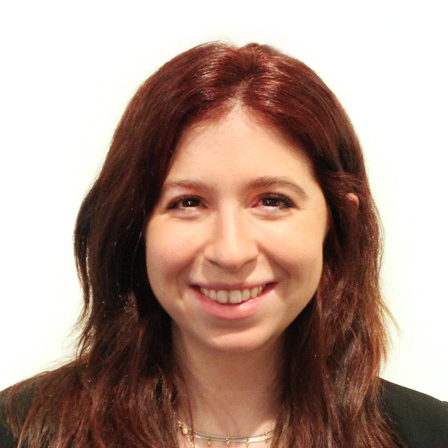
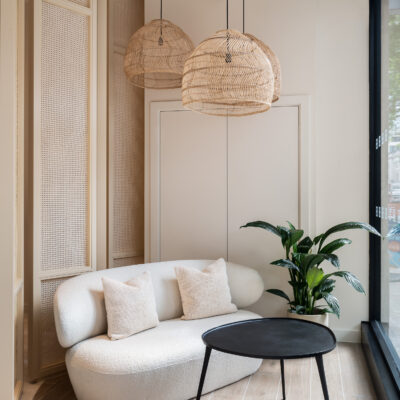
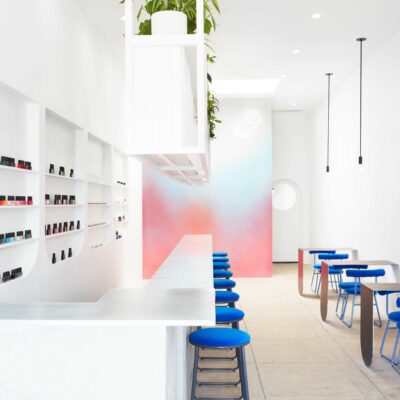
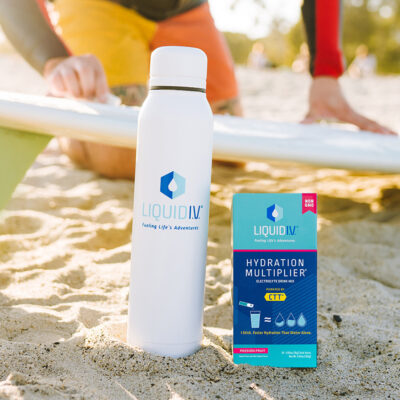

Leave a Reply
You must be logged in to post a comment.